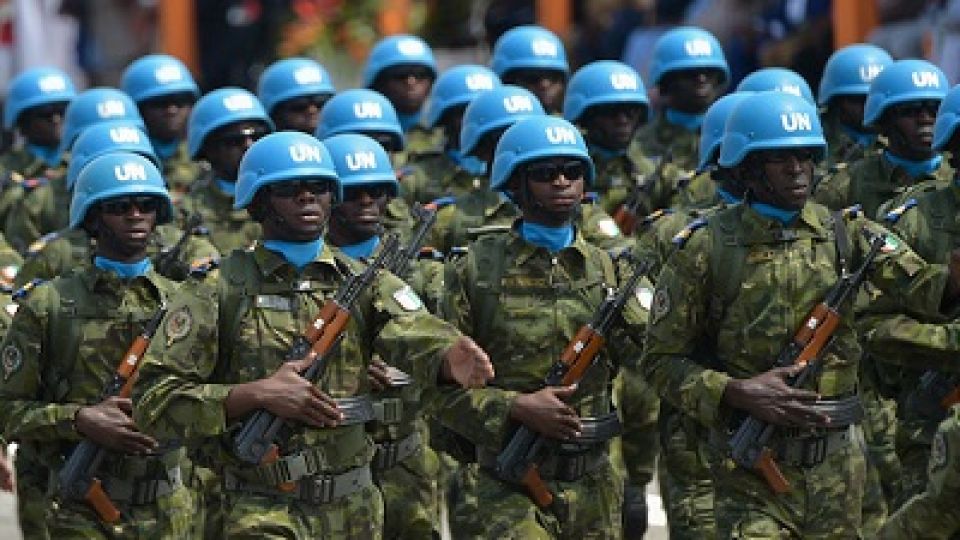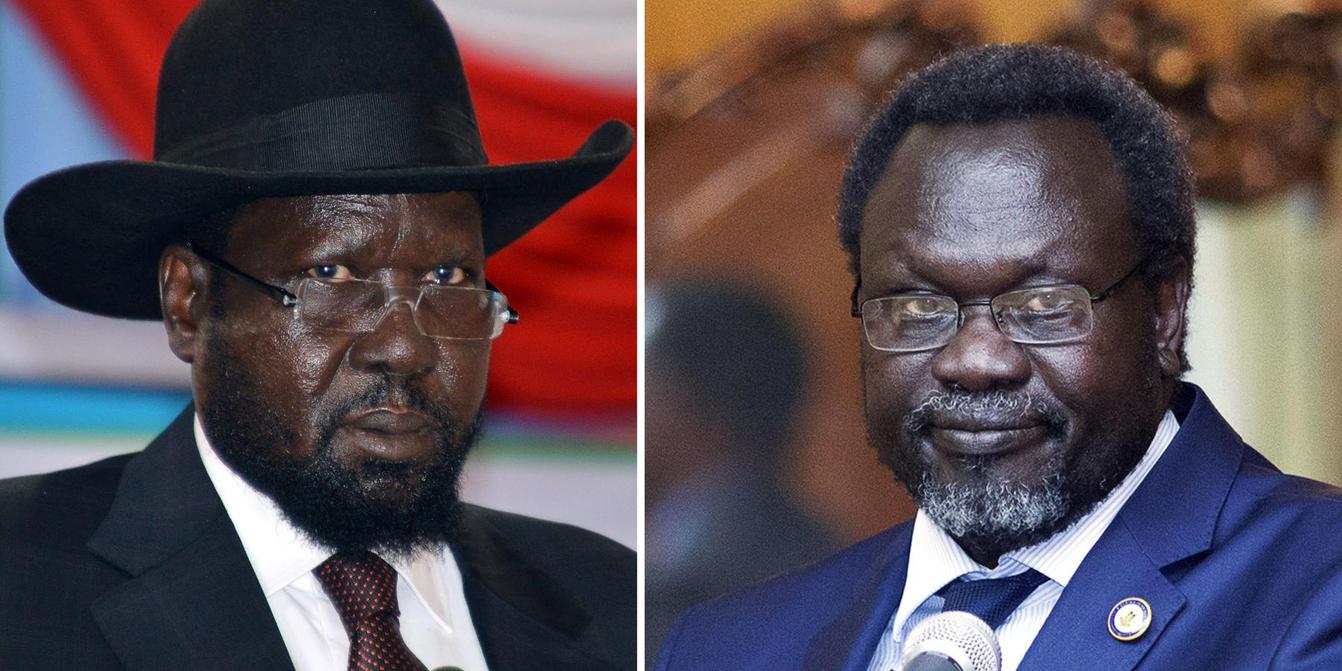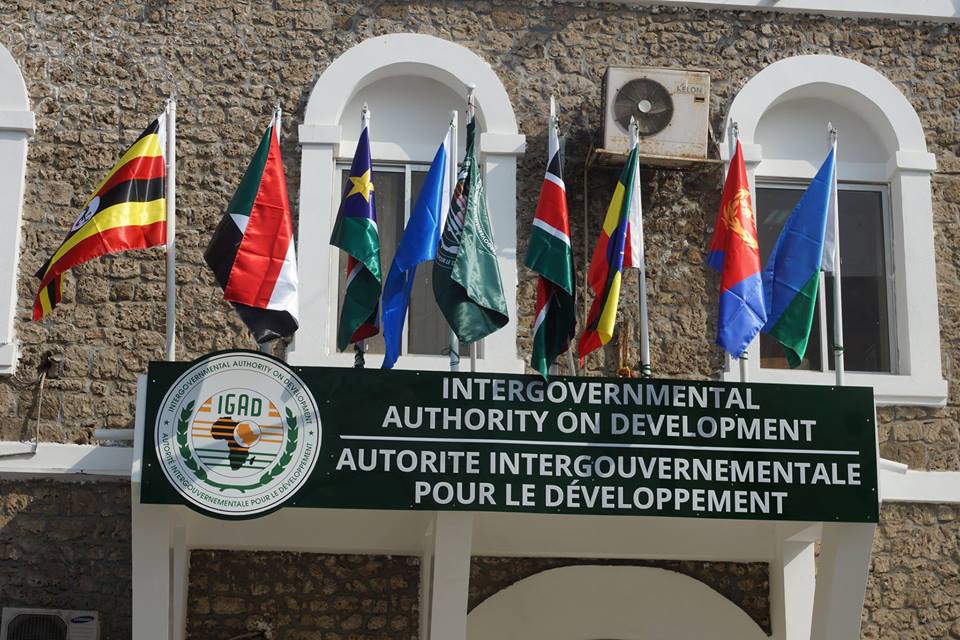The United Nations Security Council has unanimously adopted a resolution on the financing of African Union-led peace support operations that also aims to “bolster the international community’s efforts to tackle peace and security challenges on the continent,” according to a statement by the UN Secretary General.
The UN chief Antonio Guterres, who has repeatedly called for a new generation of peace support operations led by African partners, has welcomed the new resolution, calling it (27 December) a “ground-breaking resolution [which] will help address a critical gap in the international peace and security architecture.” But the resolution comes at a time when the UN has begun withdrawing its troops from peacekeeping missions in Africa, including its 10-year-old MINUSMA mission in Mali and MONUSCO mission in the Democratic Republic of Congo (DRC). Despite its concern about violence in the DRC’s eastern regions, the UN Security Council on 19 December voted unanimously in favor of gradually phasing out its peacekeeping operations in the Central African nation.
Experts point out that 2023 has been challenging year for UN peacekeeping forces in Africa, as they have recorded minimal success amid their struggles to protect civilians and bring stability to the countries they operate in. In countries like the DRC, South Sudan, Mali and the Central African Republic (CAR), the UN troops have had little success. Some analysts blame it on the strict guidelines under which the UN missions must operate that overwhelmed the UN peacekeepers in some of these countries. “A clear case in point is Mali, [the security situation] has not been resolved because day by day the violence seems to be worsening,” says Adib Saani, director of the Jatikay Center for Human Security and Peace Building. “They have failed consistently to deal with the cycle of violence in those countries and the very reason for which they were brought in in the first place,” he added.



